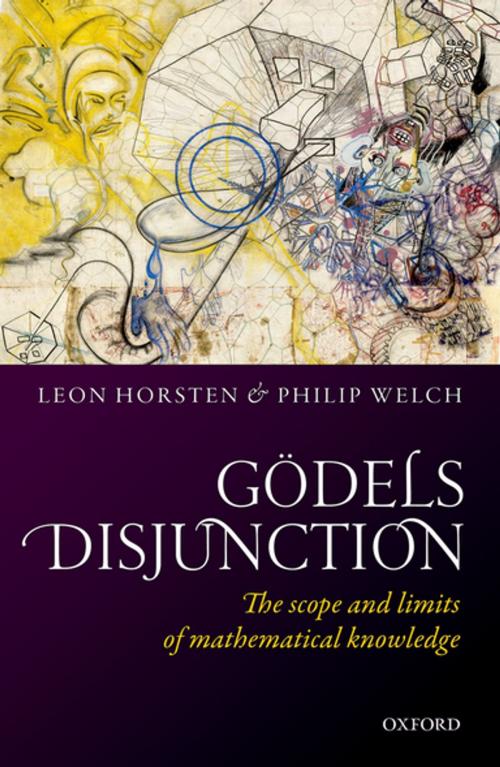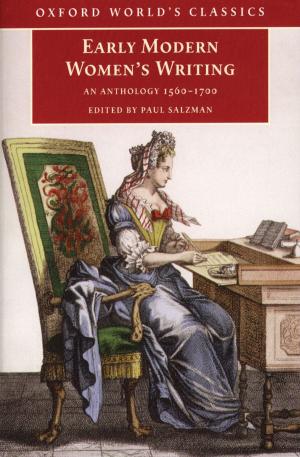Gödel's Disjunction
The scope and limits of mathematical knowledge
Nonfiction, Science & Nature, Mathematics, Logic, History| Author: | ISBN: | 9780191077692 | |
| Publisher: | OUP Oxford | Publication: | September 8, 2016 |
| Imprint: | OUP Oxford | Language: | English |
| Author: | |
| ISBN: | 9780191077692 |
| Publisher: | OUP Oxford |
| Publication: | September 8, 2016 |
| Imprint: | OUP Oxford |
| Language: | English |
The logician Kurt Gödel in 1951 established a disjunctive thesis about the scope and limits of mathematical knowledge: either the mathematical mind is not equivalent to a Turing machine (i.e., a computer), or there are absolutely undecidable mathematical problems. In the second half of the twentieth century, attempts have been made to arrive at a stronger conclusion. In particular, arguments have been produced by the philosopher J.R. Lucas and by the physicist and mathematician Roger Penrose that intend to show that the mathematical mind is more powerful than any computer. These arguments, and counterarguments to them, have not convinced the logical and philosophical community. The reason for this is an insufficiency if rigour in the debate. The contributions in this volume move the debate forward by formulating rigorous frameworks and formally spelling out and evaluating arguments that bear on Gödel's disjunction in these frameworks. The contributions in this volume have been written by world leading experts in the field.
The logician Kurt Gödel in 1951 established a disjunctive thesis about the scope and limits of mathematical knowledge: either the mathematical mind is not equivalent to a Turing machine (i.e., a computer), or there are absolutely undecidable mathematical problems. In the second half of the twentieth century, attempts have been made to arrive at a stronger conclusion. In particular, arguments have been produced by the philosopher J.R. Lucas and by the physicist and mathematician Roger Penrose that intend to show that the mathematical mind is more powerful than any computer. These arguments, and counterarguments to them, have not convinced the logical and philosophical community. The reason for this is an insufficiency if rigour in the debate. The contributions in this volume move the debate forward by formulating rigorous frameworks and formally spelling out and evaluating arguments that bear on Gödel's disjunction in these frameworks. The contributions in this volume have been written by world leading experts in the field.















